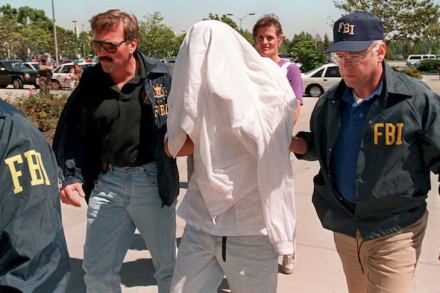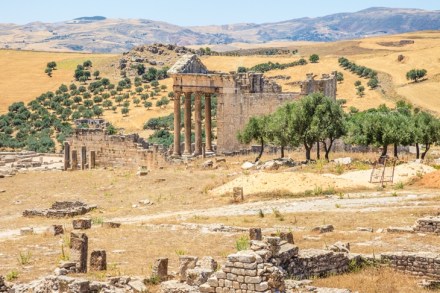Delusions of the deserters
‘Keep my name out of it’, was the fairly standard reply when Matthew Sweet started researching the story of the GIs who deserted from Vietnam. People’s concern, it turned out, however, was not about being associated just with desertion, but with a more complex story of duplicity, abuse and insanity. Over time, the American Deserters Committee (ADC), the welfare group established to support the deserters in neutral Sweden, developed into a series of increasingly militant organisations. These were then infiltrated by the CIA. Sweet tracks the changing nature of desertion ‘from an individual act of conscience or cowardice to a political step that GIs could take together’. But as he




















